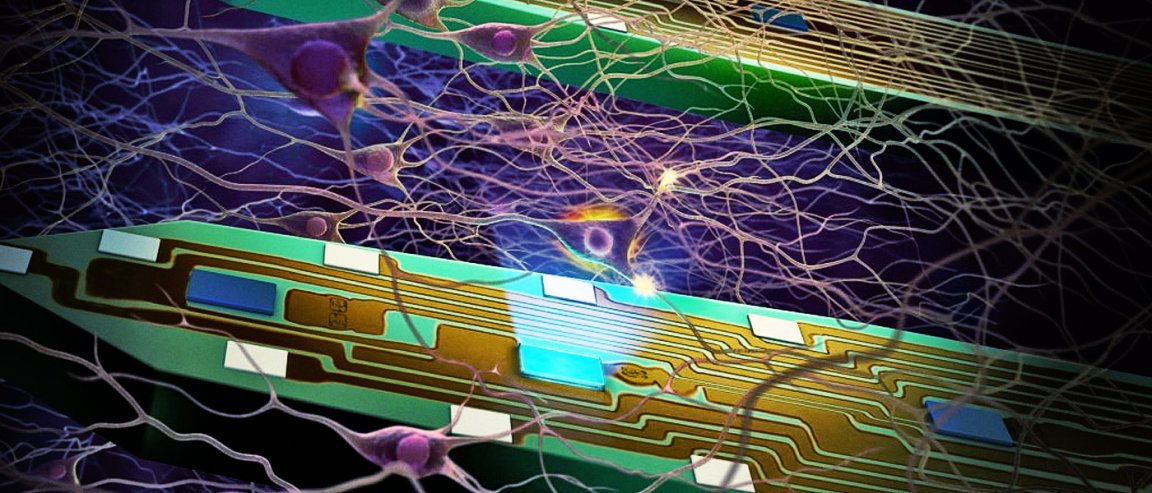
The Nanyang Technological University in Singapore has developed a smart chip that can be used for neural implants in order to wirelessly transmit brain signals to the rest of the body with 95% accuracy. These neural implants, and the data that they register, are expected to help curtail symptoms of diseases like Parkinson’s, and they could also help paraplegic patients move their prosthetic limbs.
For operations, external devices can use the the 5mm by 5mm chip to receive and analyze data before sending back important details, instead of sending the entire data stream all at once. This drastically decreases its power consumption, making the tech far more viable.
“It is about a hundred times more efficient than current processing chips on the market. It will lead to more compact medical wearable devices, such as portable ECG monitoring devices and neural implants, since we no longer need large batteries to power them,” says Assistant Professor Arindam Basu from NTU’s School of Electrical and Electronic Engineering.
Problems with our existing brain implants
Existing neural implants use wires connected to a device placed outside of the patient’s body. These wires are inconvenient and require an opening through the body, which is prone to infections.
The other big challenge the team faced was making sure that the brain signals are decoded as accurately as possible. Heavy power consumption is required to make this happen because of the amount of data that needs to be transmitted. This normally requires bigger batteries or more frequent charging.
But as previously mentioned, this was circumvented by altering what data is sent and when.
This innovation will be useful for other devices as well. Asst. Prof Basu is now in talks with Singapore Technologies Electronics Limited to adapt his smart chip to significantly reduce power consumption and the amount of data transmitted by battery-operated remote sensors, such as video cameras.